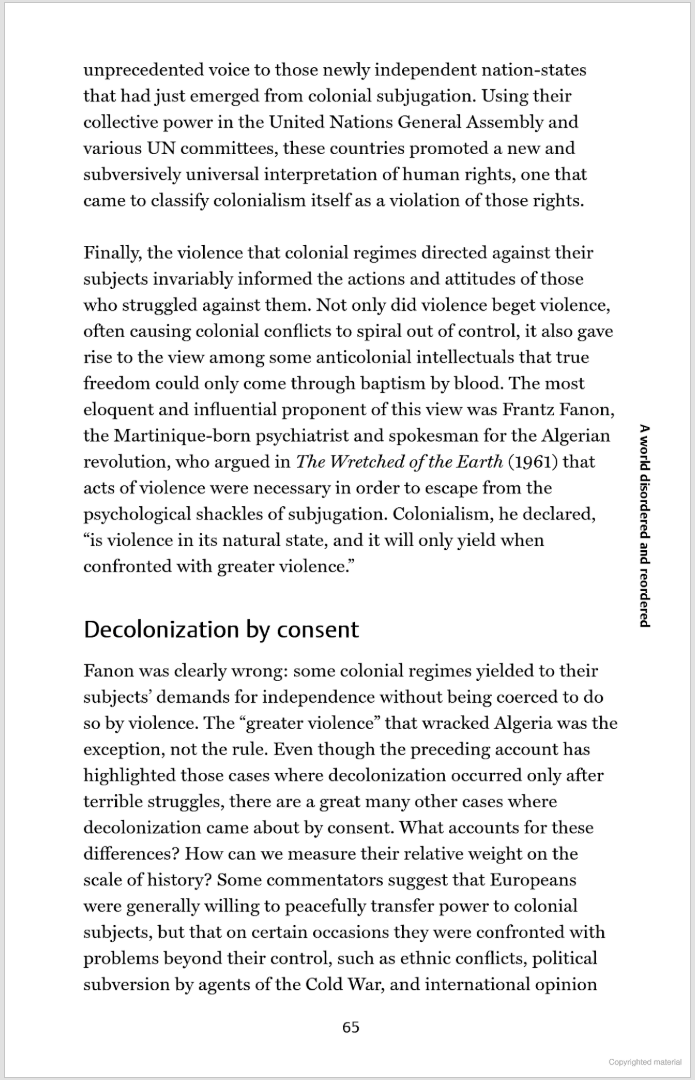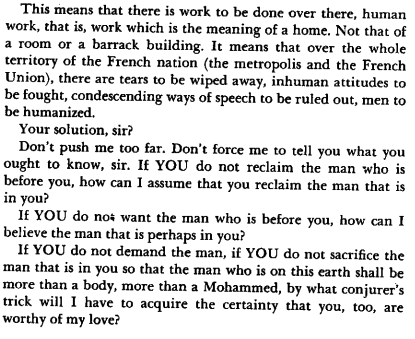They say that yesterday is gone, but I can still see it on my calendar
Pascal, the otter from Animal Crossing, today
ETA: or progress isn’t linear time, it is colonization’s construct of time.
Everything progresses. Time and progress are interchangeable and only move forward, we say, even as we know there are cultures and histories who have constructs of time that are non-linear. Our inability to “get” this is so strong that even Business Insider did a story with fancy graphics because to explain it with just words is too complicated for something assumed to be fundamental and universal. Western society, and the US, is unable to deal with the reality that progress is a social construct. Like most popular social constructs, it is tied to the ruling class and steeped in their ideologies. It is a newer idea that was contested when it came forward, but, much like empathy, cemented itself as a real thing that naturally happens. The idea of progress, much like technology, pulls with it the ideologies of the past.
Progress is a form of uncontrolled expansion at all costs (colonial baggage) with no means to mitigate it. It is always out of (our) control. The “righteous” forms progress has taken on are wealth for the few through an ever-expanding economy and technology while many struggle to have enough to live (more colonial baggage). The economy and technology create distance between individuals interpersonally and socially (see us vs them, and the haves and have nots). Technology and wealth obscure reality. How fitting is it, then, that the safest way to connect at the moment is through a technological screen due to a disease that has been allowed to progress unmitigated in any scalable and practical way. And yet, essential workers and those who must work to live without stopping do not have the technological protections that will protect them from SARS-CoV-2’s progression through the country. In fact, progress means that we must encourage its progression if we want this version of society to continue. Children must progress in their attainment of formal education in person, even as it poses a major risk to themselves, the people who would have to support their attendance, and their families. Restaurants and stores must open. If we don’t have enough masks for everyone, we mustn’t make them mandatory. We must all be willing to spend, spend, spend, even if the true cost is the death of ourselves or others.
In this moment of uncontrolled violent progress of an illness, there is a secondary crisis of progress: racism and the police brutality that keeps it optically central, moral, and righteous component of society. Understanding police as a socio-cultural technology shows that, especially in a narrative of progress, they are the group that exists to kill any person or movement that threatens a person or thing perceived as more valuable domestically. The ability publicly get away with extra-judicial murder (which exists for certain citizens against select groups, not just the police), and the economy are the most valuable things (US) American culture has created.
This is the world of progress. Move forward at all cost and die by disease or neighbor. One would think that it would be move forward at all cost or there is certain death, but no. When humans are allowed to be inhuman in society for as long as they have been here, death is a gift, a sacrifice, a sacred thing we give to progress to keep ensure its expansion continues to accelerate. The party line that led an election to go back to some imagined great past, where progress didn’t leave everyone behind, just a few, is an acknowledgement that progress causes great harm. But, as is progress’ way, there is no going back once we remove humans from the narrative. Even for those that long for the days where subjugation, where people could be enslaved, and publicly lynched in front of a crowd, cameras and all, with pride are being gutted from the inside out. It is what they wanted without realizing it.
The world does not have to be this way. We can collectively choose life, and, maybe even each other. We can say it is okay to stop progressing if what progress is carrying forward is not working. It has been heartening to see so many people around the country in the streets marching to do just that. Recognize that I, and my ancestors are part of this story, and our lives matter. Stop killing us. The technology of policing and the scale and extremity of its violent response to peaceful marches correlates with how little our lives are imagined to have value at a societal level versus even the right two breathe. I am hopeful that progress and its failure, how it has left behind the last few generations with nothing to grab on to, to ground themselves, has done the brainwashing that Universities often get blamed for by showing that hard work doesn’t pay off. If you ask to be acknowledged, we will gas you and take out your eyes. Citizens will be allowed to drive their cars into you, and the police will continue to kill without accountability or punishment. And all of these things will happen to you if you are out marching, are in your own home, walking down a street. Anything.
I wish I could declare progress is dying and we are making a new world, but it is early days. And the exponential progress we are seeing requires those with power to be willing to step away from it and force the work that is its undoing simply by caring for and helping sustain everyone in this moment. For life. For the life of us all. The people are already out on the streets. They are already decrying this moment in their networks. They are already bearing witness to the death progress always carried in the murderous fear that made it de rigueur in (US) American culture and popular imagination. Progress has declared the end of the human. Are we ready to step up and stop it from completing its mission?

